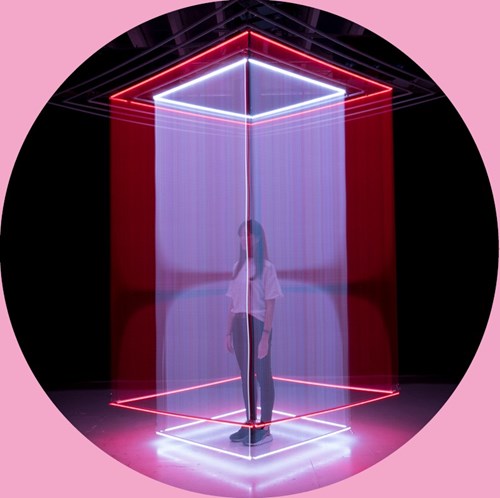
EV’s 3D-Printed Parts Provide Next-Level Personalisation
Published 21 November 2023
Elspeth Taylor
New electric vehicle (EV) concept Me:Mo from Japanese automaker Daihatsu tackles personalisation and usability with modular design. With 3D printing technology, owners can adapt their car – both internally and externally – to suit their evolving needs and aesthetic preferences.
EV’s 3D-Printed Parts Provide Next-Level Personalisation


Topics

Want to see the full report?
Offering access to over 350 consumer and cross-industry reports annually, Stylus Membership is your window to tomorrow’s most exciting opportunities.
We already arm more than 500 of the world’s most forward-thinking brands and agencies with the creative insights they need to make transformative business decisions.
We’d love to do the same for you.
Book a demo with us today to discover more.
More Reports From Stylus
More Reports From Stylus
CMF Industry View: Automotive 26/27
An elevated driver experience is central to many of the latest and upcoming launches within automotive, with brands prioritising comfort, customisation, joy, and tactile, emotional engagement. We highlight the key colour, material and finish (CMF) developments and innovations that will define the sector in the years to...











